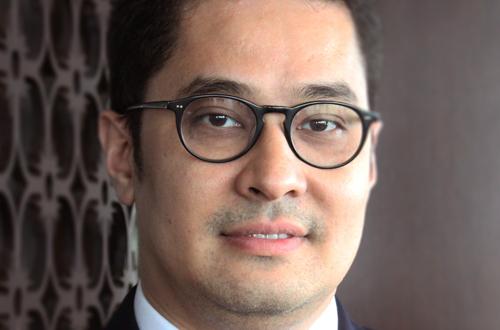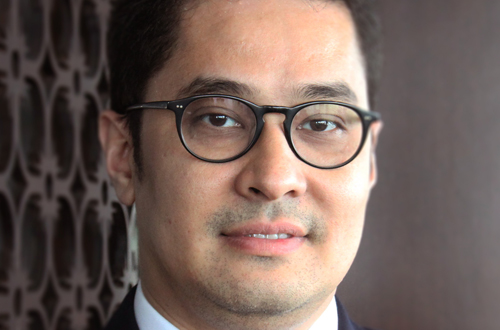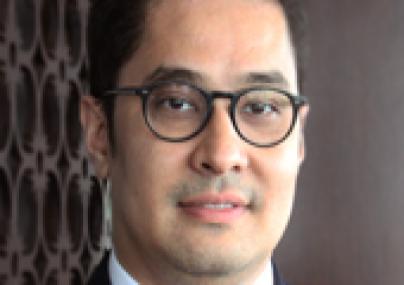
ALB: What were your immediate reactions to Jokowi’s victory?
Rahadian: Basically, there’s a hype and confidence that with the arrival of a new president, the economy will receive a boost. Right now in Indonesia, the issue lies with the implementation. We have had enough regulations passed in the last 15 or 20 years; unfortunately, the execution has been lacking. But Jokowi, even though he doesn’t boast a lot of credentials, and also doesn’t have a lot of experience as governor of Jakarta, has shown that he’s willing to carry out the implementation work. It’s the same feeling as when Obama was elected: everybody had great hopes. However, Jokowi’s parliament is controlled by the opposition, so that’s where problems could arise. Jokowi’s policies, some of which are populist in nature, require a large chunk of the budget. But I don’t think the new parliament will help him much.
ALB: Like the rolling back of the fuel subsidy?
Rahadian: Like the fuel subsidy, yes. He was brave enough to cut the subsidy because that was the only way to go. It wasn’t really a populist move, but it’s something that he had to do. And he still has enough charisma to ensure that if he does it, people will support him. Because they trust that there are no vested interests; however, he has to show he is committed to do it.
ALB: What are investors in Indonesia more confident about now?
Rahadian: Something that investors have always faced is lack of clarity when it comes to policy, because unclear regulations can really affect your business. But on the ground, the problem is always infrastructure, or the lack thereof. On the campaign trail, both candidates made similar promises, but I think Jokowi is in a better position to execute policies. And this is because he carries no baggage with him, so he can freely implement his policies. During his time as governor of Jakarta, he found there were a number of clearly stated regulations that had never been implemented, so he set about implementing them. If he can simply implement existing regulations by reforming the bureaucracy, investors will have a much clearer picture of where they stand, and thus feel more confident.
Take for example the recent issues in the mining sector, where miners were asked to process all their ore domestically, among other rules. The larger mining companies were not willing to toe the line, because they thought the government would change its policies again. But when they saw the government consistently implement the regulations, they began to follow. So that consistency needs to be applied across the board, and investors will respond in a positive manner. That’s where I think Jokowi can really have an impact.
ALB: You were talking about the challenges he is likely to face from an opposition-dominated parliament. Is there a way for the government to overcome them?
Rahadian: Basically, the biggest power the parliament wields is the budget, so when it comes to implementing regulations which do not require a budget or spending, there shouldn’t be much of a problem. This is something that they need to concentrate on because the private sector has huge potential; of the whole economy of Indonesia, only 11percent to 12 percent consists of government spending. But of course, subsidies are an issue, as is the healthcare programme. Populist programmes are always delicate. But for investors and business, the government can introduce programmes that will not require a big budget and therefore not be blocked. So if Jokowi can concentrate on that, businesses will grow and I think even infrastructure will take off. He realises that to overcome the budget issues, you have to empower the private sector.
ALB: What can we expect in Indonesia in the next year or two?
Rahadian: Jokowi is not known to be a visionary; he is a doer. We do not expect he will have, say a 2030 vision of how Indonesia will go in the next decade or so. The reason why most people elected him is the hope that he will take what we have and implement it. So what we hope to see is the implementation of the regulations and reformation of the bureaucracy. We do not expect new or controversial regulations. And I think that’s what we’re going to see. We will not see reform in the investment rules, for example, with lower thresholds for investors. But they will make sure that if the government has promised, say an economic zone, it is implemented.

